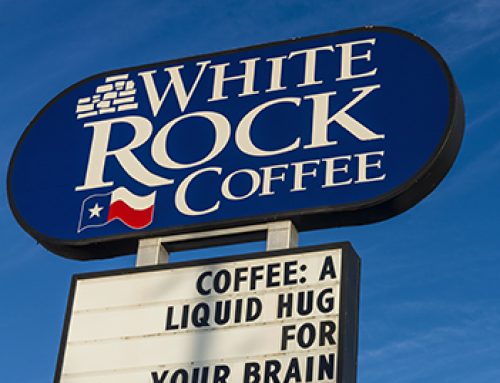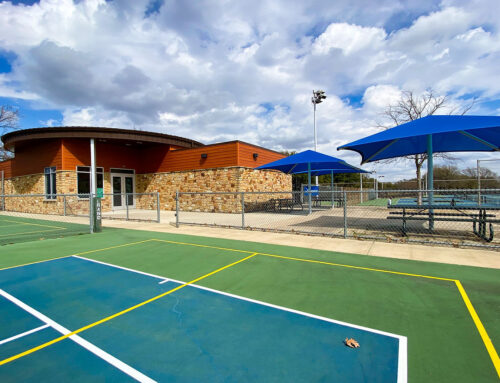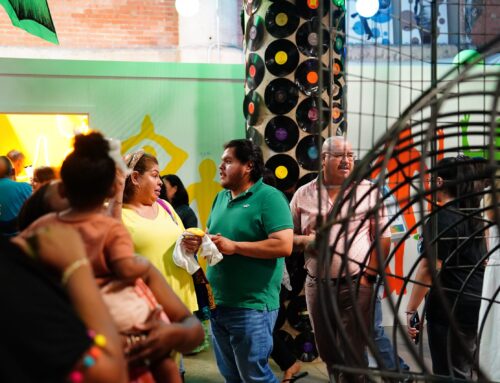When City Council rezoned Lower Greenville in 2011, part of the goal was to reward “good” business owners and discourage “bad” ones that allowed underage drinking and over consumption of alcohol.
Now that short-term specific-use permits are required for bars to stay open past midnight, neighbors have the opportunity to speak up against “bad” businesses that have to renew their permits every one or two years.
The Blind Butcher, which opened in February, is a “good” business, almost everyone can agree. But the restaurant’s recently opened back patio, neighbors say, is a nuisance.
So when the restaurant owners’ request for a late-night permit went to a public hearing before the City Plan Commission last week, several neighbors testified in opposition, but the commission recommended that City Council approve the permit for one year anyway.
Neighbor Bruce Richardson said the Blind Butcher is the only business on Lower Greenville with a rear patio, and a 90-degree angle formed by the brick building’s walls amplifies sound. He and a few other neighbors say they are awakened regularly by voices bouncing off those walls and into their bedrooms.
Richardson suggested the Blind Butcher should use its front sidewalk for seating instead. The city widened the sidewalks on Lower Greenville in 2011 as part of a plan to improve the neighborhood, including allowing sidewalk cafes.
But if the restaurant were to use the sidewalk as a patio, which isn’t part of the original footprint of the building, they would lose “delta credits,” which allow them to operate without providing as many parking spaces as the zoning requires. Since the 2,150-squre-foot rear patio was already there, they don’t lose their parking credits for using it.
Since the Blind Butcher also is near the Truck Yard, which commissioners said receives a lot of noise complaints, they were not convinced that all the sound is coming from the Butcher’s patio.
Commissioner Paul Ridley asked for a vote to allow a two-year permit that would allow the indoor part of the building to stay open until 2 a.m. but require the patio to close at midnight. City staff advised that the permit could apply only to the entire space and such an exception couldn’t be made.
In the end, the commissioners voted to “give them a shot” and recommended a one-year late-night permit. The full City Council must approve it for the permit to be granted.
But the ordeal shows that the struggle between neighbors and bars on Lower Greenville is ongoing. And the requirement for a late-night permit still gives business owners a disadvantage — for starters, it costs $1,200 just to apply for one — without solving a lot of problems.






